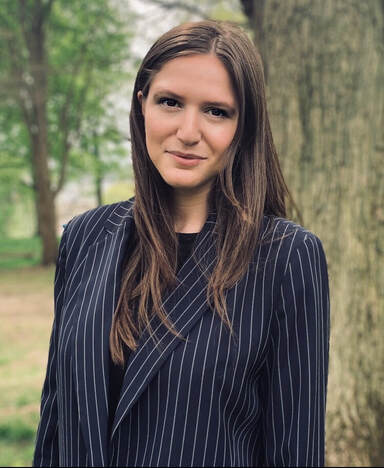 Two Heads Are Better Than One: How Framing Scientists as Communal Improves Consumer Support for Scientists and Their Findings
Two Heads Are Better Than One: How Framing Scientists as Communal Improves Consumer Support for Scientists and Their Findings
The present work seeks to understand how perceptions of scientists, namely, the stereotype that they are not communal, impacts both consumers’ willingness to share word of mouth about scientific discoveries and support for products developed by scientists. Across nine studies, we demonstrate that when a scientist is framed as high in communal orientation (as opposed to the low communal stereotype), consumers see the scientist as more prosocial, which leads consumers to see the scientist’s output as more likely to fulfill a human need rather than being a tool for profit, resulting in greater interest in supporting the scientist’s findings and products. We also identify several boundary conditions of this effect. First, if the scientist adopts a communal working style in order to further his career (an antisocial motive) or produce an antisocial product (e.g., sugary drinks for children), the advantage of a communal orientation is diminished. Additionally, this preference for communal orientation does not extend to all types of creators, as consumers are indifferent to the working style of artists, for whom the value of their output is orthogonal to prosociality. Our findings have implications for how marketers and scientists can more effectively communicate about science with the general public.